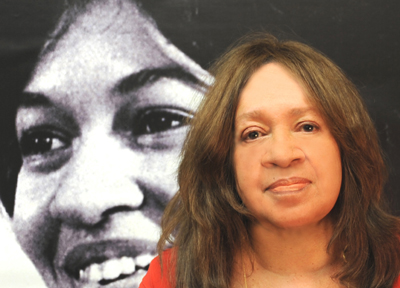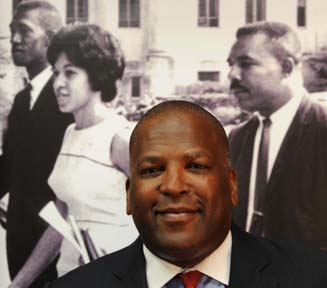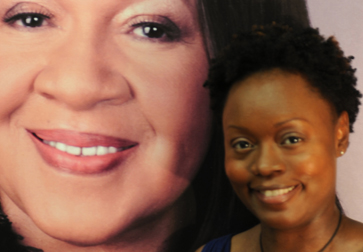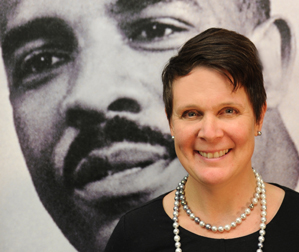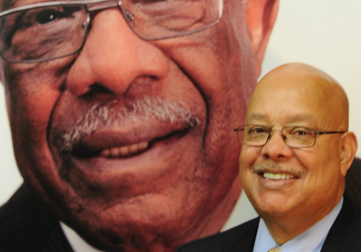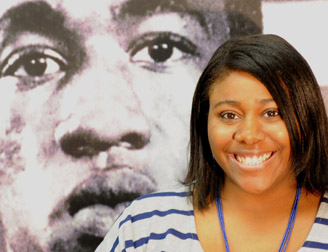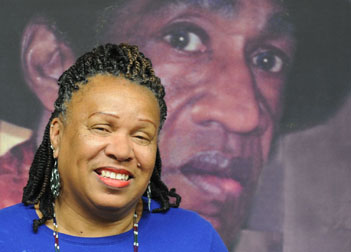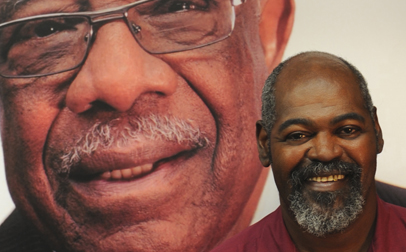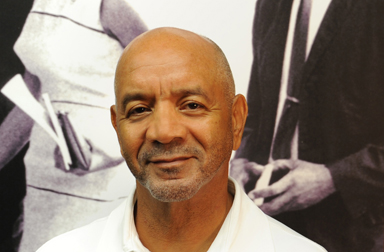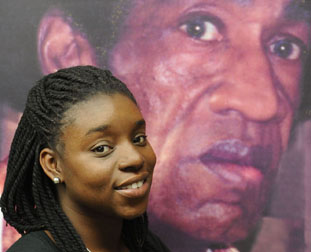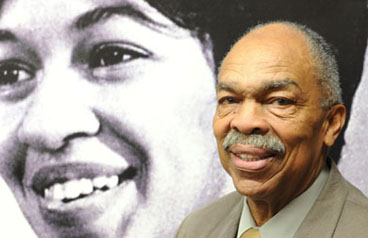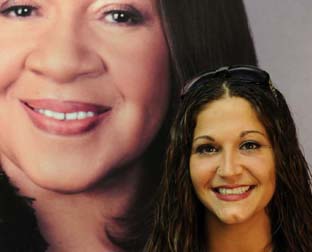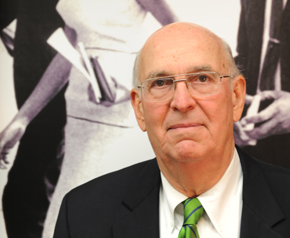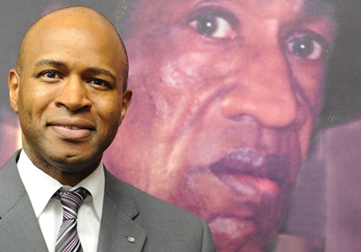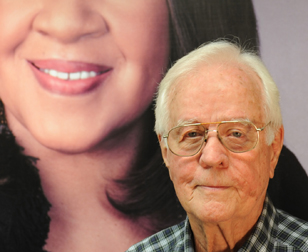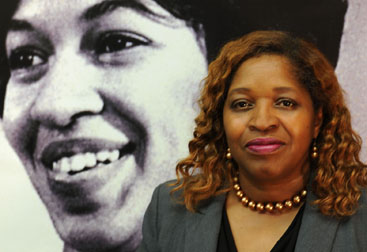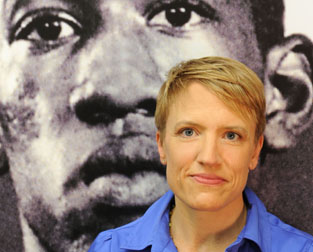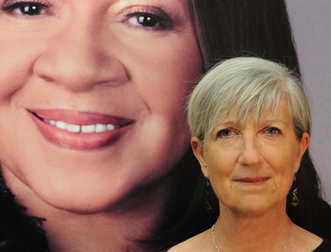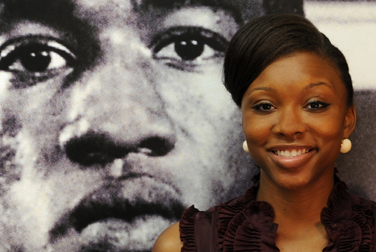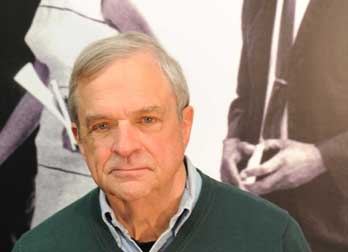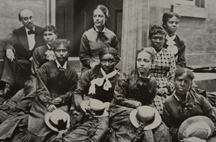

1963-2013: Desegregation—Integration |
|||||||||||||||||||||||||||||
“Racial integration should become the terminology of a past era and generation. We as a nation must overcome our fear of what are basically stereotypical images so that we are better able to interact meaningfully with people of all races and classes, regardless of perceived social class or skin color. We will miss the significant opportunities and dangers if we attach ourselves to imagery that does not define or characterize. We should also recognize that our fear of men of color has resulted, in many cases, in extraordinary marginalization with resultant stigmatization. My work in the collateral damage of incarceration signals to me that we face great challenges in family formation and community achievement if we fail to shed past exclusionary habits and embrace a future that values the heart and soul of every person and become a truly inclusive and ecumenical community. The University of South Carolina can continue to lead to racial integration by pointing out the paths that must be traveled, by reaching out to those groups within the different races that need the most help in achieving and/or with breaking the chains that have enslaved them to a dark past, regardless of skin color. I am proud of what has been achieved. But we have miles to go and USC can continue to affirmatively lead the state and nation to the freedom from the past that all of us should seek.” |
|||||||||||||||||||||||||||||
“This relatively young nation is becoming more cosmopolitan and much more diverse in many different ways. We are stepping into our own, and we must make certain that the promise of America is never forgotten—that anyone and everyone has an equal opportunity to take part in that American ethos and the American dream. If you work hard and if you treat people right, you can achieve your goals here in this country. That is an elusive dream to this day as we struggle to ensure that all children have health care and all children are adequately fed. Perhaps there is now less discussion of race and more discussion of social economic status and how to spread the net of opportunity as wide as possible. We need to be even more vigilant during the next 50 years to make certain that the promise of being able to truly pull yourself up by your bootstraps remains a reality for Americans.” Steve Benjamin |
|||||||||||||||||||||||||||||
“As the child of Alabama sharecroppers who attended (but didn't graduate from) segregated schools, I understood as a child that the stories my parents told about the importance of community, organizing and struggling for justice was not about surface integration (being in the same school as white kids) but about equitable access and outcomes. Many of the challenges we face and will be facing are the illusion that we have somehow arrived - that we are in a post-racial era with the election (and re-election) of President Obama despite the overwhelming evidence that race still matters.The question is how and why it continues to matter? In many ways, we have begun to deal with race without dealing with racism. My hope is we, as a university, city and nation reframe our conversation about racial integration to action centered on racial equity and justice. When we can remove the predictability associated with outcomes by race, we can then say that we are integrated.” Daniella Ann Cook |
|||||||||||||||||||||||||||||
“I would like to see USC, Columbia, and the United States enact policies and procedures that ensure that all members of the community are treated equitably and are encouraged to be equitable in their actions. More importantly, I hope that one day we will achieve what Martin Luther King dreamed of, that one day we are judged ‘by the content of character’ instead of the ‘color of our skin.’ If we listen to his dream and to the thoughts of countless of others who dared to dream for a better society we gain a good idea of what to work toward and for. It’s not easy but it certainly is worth fighting for.” Beth Powers Costello |
|||||||||||||||||||||||||||||
“My hope is that someday we will have integration. We have never achieved integration. The best that we can say is that we have achieved assimilation, and in areas we have achieved some desegregation. Integration comes about as a result of respect for equals, and there is still a large segment of whites who feel that African Americans are inferior. Also, a sad commentary often not discussed because it is so provocative is that too many African Americans also think that they are inferior. I hope that in the next 50 years African Americans will disabuse and expunge from their minds that they are inferior to any other racial group. That is my hope.” I. S. Leevy Johnson |
|||||||||||||||||||||||||||||
“We need to be stepping outside of our comfort zone. We cannot always be grouped around the same type of people. That is no way to experience life and that is not the way life is—it is not always black and white. There are color splashes. We need to explore and go out and experience life.” Arianne Booker |
|||||||||||||||||||||||||||||
“I see black and white students—actually, students of all races and nationalities—interacting here at the university. And I see that we have made great progress through the years even though there may be a few misunderstandings from time to time. But when there are tensions, that is when we must communicate and talk about issues and how folks are feeling. I have great hope for the university and for Columbia. But to understand one another, we must talk to one another and we must talk about what is important.” Valencia Morton |
|||||||||||||||||||||||||||||
|
|||||||||||||||||||||||||||||
“I hope we get to the point where we don’t have another Trayvon Martin-George Zimmerman situation that feels like this one feels. Given the tenets of the law, maybe, AND THIS IS A BIG MAYBE, the outcome is all that this jury could give. But it doesn’t feel right. Something is wrong. My hope is that we can get to a point where reasonable people can honestly say that if the principles’ race were reversed and the outcome was the same, then it has nothing to do with race. That is my hope.” Harry L. Walker |
|||||||||||||||||||||||||||||
|
|||||||||||||||||||||||||||||
“Race is still an issue—it’s more subtle. It used to be right on top but is now below the surface. While Jim Crow is dead, Jim Crow Esquire is alive in some corners and quarters. But I believe our elementary and middle school children are the ones who will wipe out racism. They are the ones who will remove the Confederate flag from the Statehouse.” |
|||||||||||||||||||||||||||||
|
|||||||||||||||||||||||||||||
“I hope that at all levels a consciousness of and commitment to inclusivity will become, to borrow Parker Palmer’s phrase, a ‘habit of the heart.’ That means recognizing that people of different backgrounds—whether that is race, gender, language, disability, sexual orientation, culture, and class—have unique experiences that deserve to be recognized, respected, and utilized. Fostering the development of those people and taking the initiative to engage them should become part and parcel of how we function, particularly in organizational contexts. We have made some progress in this regard, but we more often focus on doing so because we ‘should’ rather than because it is what we value.” Hayes Mizell |
|||||||||||||||||||||||||||||
“My hope is that the next 50 years will be a period of continued discovery. It is striking to me in this modern day that there is still a tremendous divide among people of different backgrounds—it may be more apparent in the American south, but it is also a national issue. The re-segregation of America and the deepening pockets of poverty are real concerns. The challenge for all of us is to reach beyond race, nationality, class, gender, sexuality, and even generation and embrace our common interests and common aspirations. I believe this is the vital role of institutions of higher learning—where we become laboratories for these discoveries in this country and around the world. That is precisely why a diverse University is so critical.” Bobby Donaldson |
|||||||||||||||||||||||||||||
|
|||||||||||||||||||||||||||||
“Integration for the sake of integration was not and is not the goal. Simply having more people of color on campus would not change the power dynamics and perception of the university as a ‘white’ institution—or ensure a more diverse workplace in the long run. It would not guarantee the sharing of power if major decisions are still in the hands of a majority white administration and governing board. Broader access should be granted to students of color and they should graduate at comparable rates to white students. Faculty and administrators of color should be actively recruited and retained. They should not hold a ‘permanent guest status’ unable to influence the core of the institution. White administrators, who view diversity as an asset and not perfunctory, are also important.” Gloria Boutte-Johnson |
|||||||||||||||||||||||||||||
|
|||||||||||||||||||||||||||||
“My hope is that my field—teacher education—will take the lead in redefining integration as equity. To accomplish this, a range of issues must be addressed as we make the study of equity foundational to our programs. Curriculum is one of those issues. Great curricular losses occurred when schools were integrated 50 years ago. Students of color were incorporated into white-dominated curricula built on white dominated histories, sciences, mathematics, and literature. This is a disservice not only to students of color but to students from dominant cultural and racial groups who learn to see the great thinkers/builders of nations as connected primarily to their own cultural past. Designing curricular change to counter such misinformation is a critical component in interrupting racial hierarchies that work against integration as equity.” Susi Long |
|||||||||||||||||||||||||||||
“I feel that within the next fifty years, maybe sooner than that, stereotypes, prejudices, and silent racism will die out with our predecessors. My hope for racial integration in Columbia and our nation is that everyone adopts the mindset of young children who see no race. When children meet, ethnicity, culture, race, color, and religion are never a factor when it comes to building sand castles or playing together. Let us see with the eyes of children, but let our hearts and minds feel and think as educated adults.” Ashley Allen |
|||||||||||||||||||||||||||||
“I think many hope that in 50 years we will not be talking about racial issues and some do say that we are now in a post-racial society. But I don’t know what that really means. I know what people think they mean when they say that—we no longer need to worry about race. But I would hope that 50 years from now we would still be talking about race, and 1963 would be seen as the year that the University of South Carolina became a real university.” |
|||||||||||||||||||||||||||||
![]()

an institutional member of the International Coalition of Sites of Conscience
Museumofed@gmail.com

